Topics
- active learning (18)
- research assignments (6)
- libraries (1)
- literature-based learning (2)
- multimedia (5)
- museums (6)
- object learning (7)
- online learning (5)
- peer instruction (10)
- storytelling (2)
- learning management system (2)
- syllabus design (3)
- teaching empathy (3)
- teaching fellows (1)
- lecture (3)
- learning goals (8)
- assessment (6)
- data (3)
- backward design (3)
- blended approaches (12)
- case-based learning (8)
- classroom contracts (7)
- classrooms and space (3)
- collaborative learning (27)
- community events (1)
- course transformation (7)
- devices (3)
- learning by making (5)
- discussion (24)
- engaged scholarship (4)
- experiential learning (16)
- feedback (18)
- group work (8)
- guest speakers (7)
- interdisciplinary (6)
- leadership (3)
Send feedback
Subscribe
Copyright © 2024 The President and Fellows of Harvard College | Privacy | Accessibility | Digital Accessibility | Report Copyright Infringement

 Vijay Janapa Reddi, Associate Professor (SEAS) and director of the Edge Computing Lab, is an applied machine learning computer architect. As a scholar with deep knowledge of how artificial intelligence (AI) works, Janapa Reddi offers a unique perspective on both the challenges and opportunities generative AI presents. Generative AI platforms, such as ChatGPT, are changing how students interact with course material and setting new standards for the skills necessary for future professional fields. While Janapa Reddi is cautious about implementing exercises that leverage such platforms in his
Vijay Janapa Reddi, Associate Professor (SEAS) and director of the Edge Computing Lab, is an applied machine learning computer architect. As a scholar with deep knowledge of how artificial intelligence (AI) works, Janapa Reddi offers a unique perspective on both the challenges and opportunities generative AI presents. Generative AI platforms, such as ChatGPT, are changing how students interact with course material and setting new standards for the skills necessary for future professional fields. While Janapa Reddi is cautious about implementing exercises that leverage such platforms in his  Rebecca Nesson, Dean for Academic Programs, SEAS, and Charles R. Nesson, William F. Weld Professor of Law at Harvard Law School, Founder of the Berkman Klein Center for Internet & Society, and Principal Investigator of BKC’s
Rebecca Nesson, Dean for Academic Programs, SEAS, and Charles R. Nesson, William F. Weld Professor of Law at Harvard Law School, Founder of the Berkman Klein Center for Internet & Society, and Principal Investigator of BKC’s 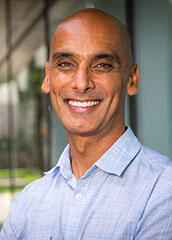 Salil Vadhan, Vicky Joseph Professor of Computer Science and Applied Mathematics & Lead PI on Harvard’s Privacy Tools Project,
Salil Vadhan, Vicky Joseph Professor of Computer Science and Applied Mathematics & Lead PI on Harvard’s Privacy Tools Project, 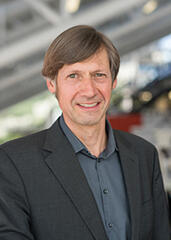
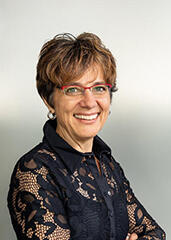 Martin Bechthold, the Kumagai Professor of Architectural Technology at the Harvard School of Design
Martin Bechthold, the Kumagai Professor of Architectural Technology at the Harvard School of Design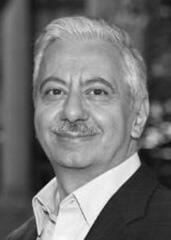
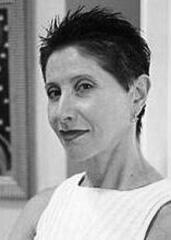 Fawwaz Habbal, Executive Dean for Education and Research and Senior Lecturer on Applied Physics, and Doris Sommer, Ira Jewell Williams, Jr. Professor of Romance Languages and Literatures and of African and African American Studies, co-teach systems-level thinking. Their course, Aesthetic Pleasure and Smart Design: Janus Faces the Future, trains students to look at complex problems from the perspective of both artists and engineers. This requires the development of skills in scientific assessment and disinterested aesthetic judgment. In the spirit of
Fawwaz Habbal, Executive Dean for Education and Research and Senior Lecturer on Applied Physics, and Doris Sommer, Ira Jewell Williams, Jr. Professor of Romance Languages and Literatures and of African and African American Studies, co-teach systems-level thinking. Their course, Aesthetic Pleasure and Smart Design: Janus Faces the Future, trains students to look at complex problems from the perspective of both artists and engineers. This requires the development of skills in scientific assessment and disinterested aesthetic judgment. In the spirit of 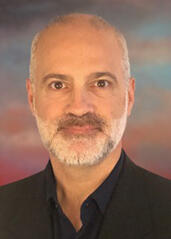 Paul B. Bottino, Co-Founder, Executive Director, and Lecturer at the Technology & Entrepreneurship Center at Harvard, offers
Paul B. Bottino, Co-Founder, Executive Director, and Lecturer at the Technology & Entrepreneurship Center at Harvard, offers 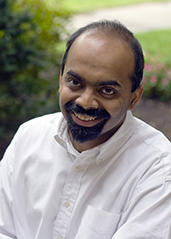 L Mahadevan, Lola England de Valpine Professor of Applied Mathematics in SEAS, and Professor of Organismic and Evolutionary Biology, and of Physics in FAS used a 2017-2018
L Mahadevan, Lola England de Valpine Professor of Applied Mathematics in SEAS, and Professor of Organismic and Evolutionary Biology, and of Physics in FAS used a 2017-2018 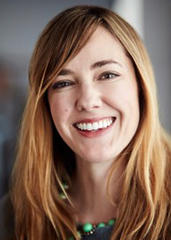 Bethanne Altringer, Senior Preceptor in Innovation and Design and Director of the Desirability Lab, uses personalized approaches to students’ learning in courses like
Bethanne Altringer, Senior Preceptor in Innovation and Design and Director of the Desirability Lab, uses personalized approaches to students’ learning in courses like 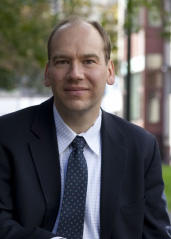 Three years ago, Scot T. Martin, Gordon McKay Professor of Environmental Science and Engineering and Professor of Earth and Planetary Sciences, decided to “start from scratch” with his approach to teaching thermodynamics. In his course
Three years ago, Scot T. Martin, Gordon McKay Professor of Environmental Science and Engineering and Professor of Earth and Planetary Sciences, decided to “start from scratch” with his approach to teaching thermodynamics. In his course 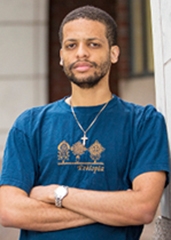 Jelani Nelson, Assistant Professor of Computer Science, assigns students real programming problems in his introductory algorithm courses, CS124 Data Structures and Algorithms and CS125 Algorithms & Complexity. Students write and test their coded solutions to practice problems via an open server on the
Jelani Nelson, Assistant Professor of Computer Science, assigns students real programming problems in his introductory algorithm courses, CS124 Data Structures and Algorithms and CS125 Algorithms & Complexity. Students write and test their coded solutions to practice problems via an open server on the 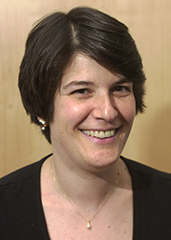 Margo Seltzer, Herchel Smith Professor of Computer Science, flipped part of her course, CS161, "Operating Systems."
Margo Seltzer, Herchel Smith Professor of Computer Science, flipped part of her course, CS161, "Operating Systems."